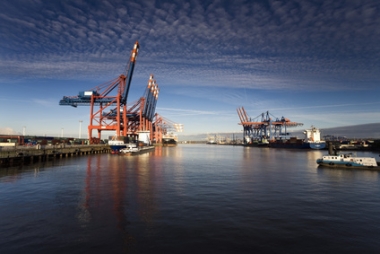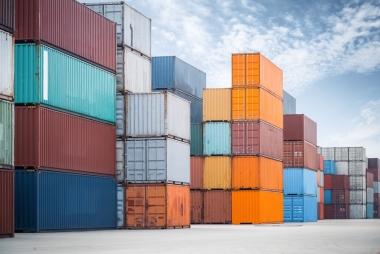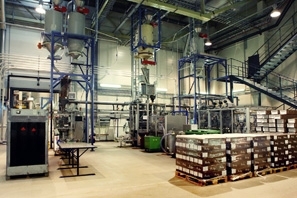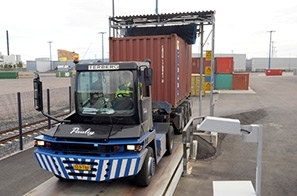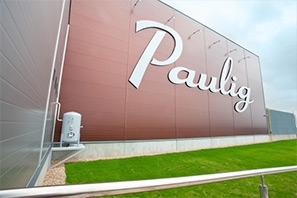The environmental effects of transportation are a subject of specific scrutiny for us. The optimisation of logistics has been a central development project for a long time throughout the Paulig Group. We are currently combining goods suppliers’ evaluation and acceptance procedures in all of the Group’s companies.
Responsible sourcing principles as well as central agreements and utilising shared cargo, whenever possible pertaining to time and volume restrictions, have been made a special area of emphasis. Environmental friendliness and efficiency is improved through route planning and the development of transportation methods. All of our service providers have committed to following the shared ethical principles of the entire Paulig Group (Paulig Group Code of Conduct for Suppliers).
Sea cargo is the most efficient way to transport coffee. The enlargement of ships has greatly reduced transportation emissions and energy consumption per tonne of coffee. The majority (80–90%) of the coffee arriving at Paulig is packaged in so-called bulk containers. Inside of them is a nylon sack, which can accommodate approximately 20,000 kg of green coffee.
Green coffee arrives at the Vuosaari harbour on average three times per week, constituting 2,500 containers per year on average. The new roastery is located right next to the harbour, which means that this number of containers has been removed from road traffic in Helsinki. The containers do not need to be transported on roads at all, but rather are transferred directly off the ships onto the roastery premises.
Most direct route from the roastery to the stores
The transportation of the finished coffee products to the store chain warehouse in Finland is mainly handled by the customers’ logistical partners. For transportation, the products are loaded onto recyclable ½ EUR or EUR pallets which are precisely sized for lorry transport. Paulig’s delivery service carefully plans the loading of the cargo and delivery routes, in order to minimise the amount of transportation.
The opening of the Tver roastery significantly reduced transportation emissions
Tver’s green coffee sourcing is handled from Finland but the deliveries are made directly to Russia. The transportation of green coffee directly from the countries of origin is significantly more environmentally friendly than the transportation of ready-made coffee from Vuosaari, as green coffee is packed very tightly. When green coffee is roasted its volume nearly doubles.
The main harbour currently used is Kotka, from where the coffee containers are transported to Tver by lorry. Paulig’s own transportation link between the harbour and the roastery has been deemed the most effective transportation method.
Paulig delivers its products to the Baltic directly from its Vuosaari warehouse. During transportation, the loading space is utilised to its maximum capacity, i.e. by combining the divided loads of various clients. A cost effective distribution model decreases extra transportation phases and reduces environmental impacts.

